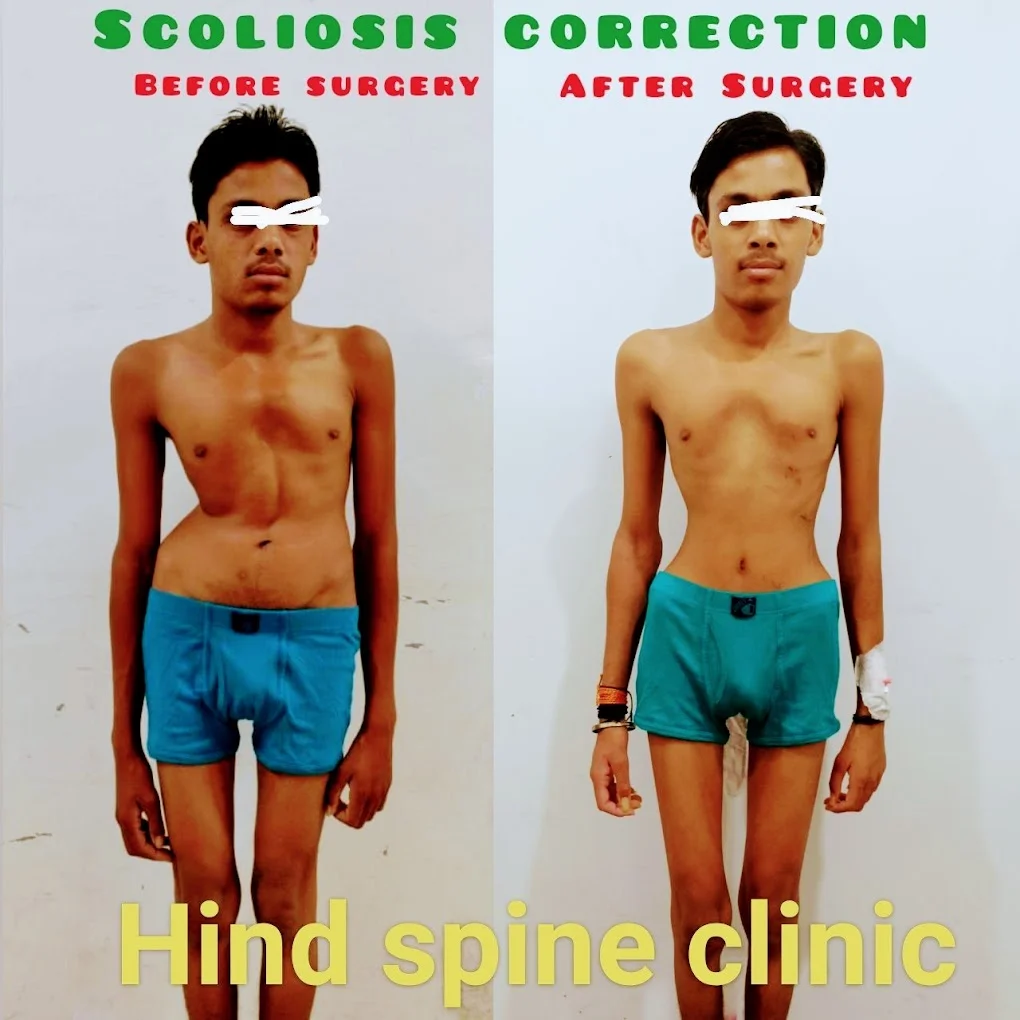Slipped Disc Prevention Tips – Complete Guide to a Healthy Spine
Back and neck pain are among the most common health complaints in today’s lifestyle. Long sitting hours, poor posture, and lack of exercise often put extra strain on the spine. Slipped disc prevention tips One of the major causes of chronic back pain is a slipped disc, also known as a herniated disc. This condition can cause discomfort, numbness, tingling, or even weakness in arms and legs, severely affecting daily life.
The good news is that you can protect your spine and reduce the risk of developing a slipped disc with a few simple lifestyle changes. In this blog, we will discuss what a slipped disc is, its warning signs, and most importantly, proven prevention tips to keep your spine healthy.
What is a Slipped Disc?
The spine is made up of bones called vertebrae, separated by discs that act like cushions. Each disc has a soft inner part and a tougher outer layer. When the inner part slips out through the outer ring, it is called a slipped disc or herniated disc.
This displacement may press on nearby nerves, leading to pain, numbness, or weakness. While anyone can experience it, people with poor posture, sedentary habits, or those who lift heavy objects incorrectly are at higher risk.
Symptoms You Should Not Ignore
A slipped disc can sometimes be silent, but often it shows noticeable symptoms. If you experience any of the following, it is time to seek medical help:
Persistent back or neck pain
Pain spreading to arms or legs
Numbness or tingling in the limbs
Weakness that affects walking or lifting
Discomfort that worsens with movement
Important: Don’t leave your spine problem unresolved. Early diagnosis and treatment can prevent long-term damage.
Slipped Disc Prevention Tips
Prevention is always better than cure. By making a few changes in your daily routine, you can reduce the strain on your spine and lower the chances of developing a slipped disc.
Keep a Good Sitting & Standing Posture
Posture plays a huge role in spine health. Sitting with a bent back or standing with a slouch puts unnecessary pressure on your discs.
Always sit straight with your back supported.
Keep your feet flat on the ground.
While standing, balance your weight evenly on both legs.
Lift Heavy Objects the Right Way
Incorrect lifting is one of the leading causes of slipped discs.
Always bend your knees, not your waist.
Keep the object close to your body.
Avoid twisting movements while lifting.
Maintain a Healthy Weight
Excess body weight puts continuous stress on your spine. Over time, this pressure weakens your discs.
Follow a balanced diet rich in proteins, calcium, and vitamins.
Maintain a BMI within a healthy range.
Consult a nutritionist if needed to keep weight under control.
Exercise Moderately
Exercise strengthens the muscles that support your back and spine.
Opt for low-impact exercises like walking, swimming, and yoga.
Do stretching exercises to keep your back flexible.
Avoid sudden or intense workouts that can strain the spine.
Why Spine Care is Important
A healthy spine ensures proper body movement, balance, and energy. Neglecting spine problems can lead to chronic pain and reduced mobility. If you have persistent discomfort, timely consultation with a spine specialist is the best step toward recovery.
Why Choose Hind Spine Clinic?
At Hind Spine Clinic, we focus on advanced treatment and prevention of all spine-related problems. Our goal is to ensure safety in every spine surgery while also guiding patients on how to prevent conditions like slipped discs.
Final Words
Your spine supports your entire body structure, and keeping it healthy should be a top priority. By following simple habits like maintaining good posture, lifting correctly, managing weight, and exercising regularly, you can significantly reduce the risk of a slipped disc.
If you are already facing persistent back or neck pain, do not delay. Consult a spine specialist and get the right guidance before the problem becomes worse. Remember, early prevention and treatment are the keys to a pain-free and active life.






